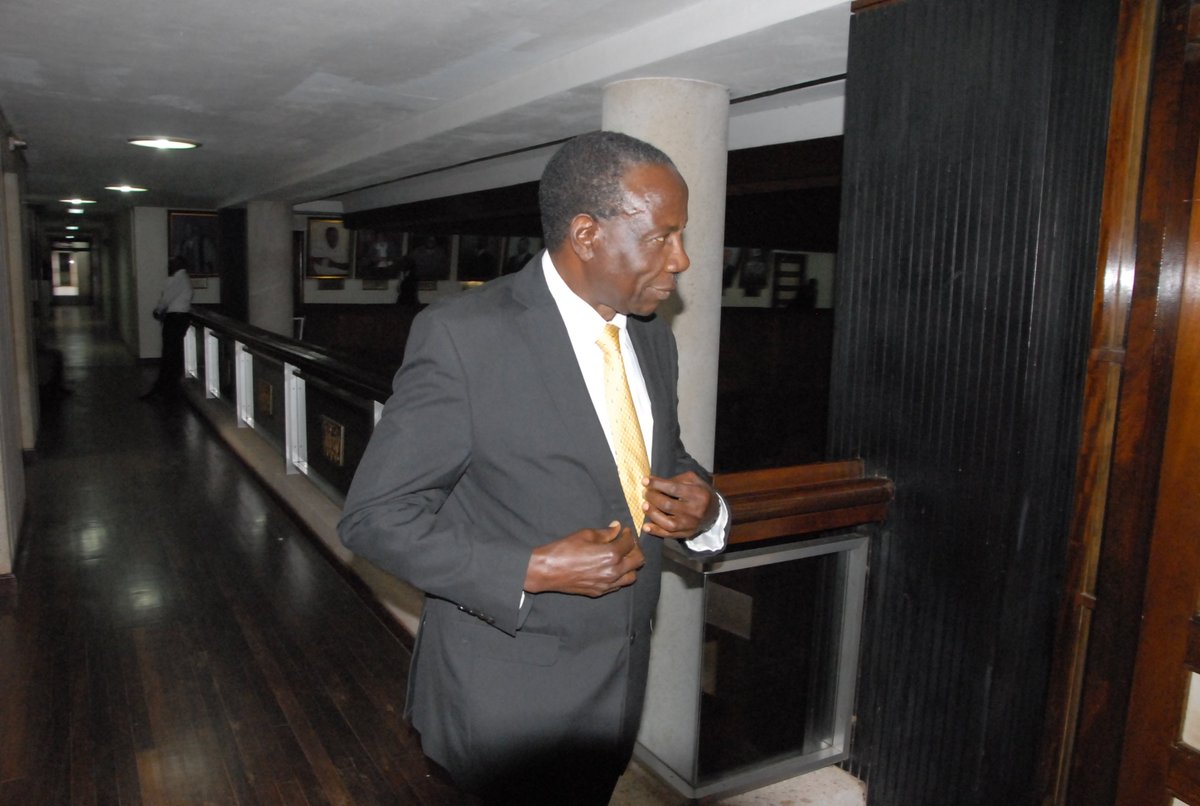
Is 35% okay?
A section of analysts have welcomed tax measures on the industry which is now highly commercialised and popular in Uganda and beyond.
One of the world’s top betting companies, Betway is sponsoring Uganda’s Arua based soccer team – Onduparaka currently playing in the Uganda top football league, the Uganda Premier League, in a Shs180 million deal that begun in the 2016/2017 season. Betway also sponsors English Premier League soccer team, West Ham United.
Kaggwa of Ministry of Finance says the current rates are good as they will “not kill the sector that has foreigners and tourists who visit Uganda and want to pass time in casinos and other gaming places”.
“You do not use the tax system to ban or kill a business,” Kaggwa said. “But regulation is necessary.”
Agaba, the regulator agreed with Kaggwa saying the new tax measure is in line with the Lottery and Gaming Act, 2016 that seeks to regulate the industry but not promote it.
He said the new tax measure is fair because it only takes a way 15% of what the bettor wins and leaves the bigger 85% to them. With the new move, he said betting houses would no longer carry the cross of their clients; it is now clear that each party would pay their tax.
“We are not interested in encouraging people to bet; but if you wake up and you go to bet and you win, you have to pay tax,” he said.
Agaba says the tax could go up in future depending on the industry performance.
John Mark Agong, a budget policy specialist at the Civil Society Budget Advocacy Group (CSBAG) welcomes Kasaija’s move but says serious monitoring of gaming and betting activities in line with the new regulation is what government should focus on.
Agong said that most bettors are not investors and that when they win they bet the winnings and lose it or spend it on alcohol.
“If not monitored and regulated very well, betting could create injustice in our communities,” he told The Independent.
On the other hand, Agong said some betting companies do not want to pay bettors who win huge sums of money because of weak regulation. That is a threat to the new tax measure.
Going forward, he said government needs to assess the performance of the industry in terms of winnings for both parties – bettors and betting houses and make necessary reviews to the policy the following year.
Joseph K, a graduate from Makerere University, who has been a bettor for the last 10 years, says government is making “us poor because we are paying tax on everything”. “If I win my money why don’t they leave it with me and I spend it on food,” he wondered, “Betting is my game I can’t leave it. Who told you that I can’t do other things alongside betting?”
Betting houses speak out
Most players have welcomed the new tax move by government but are uncomfortable with a perception from the public that they make lots of profit at the expense of bettors.
Bernard Kihembo, the executive director of Fortebet Uganda, a betting company with 200 branches across the country told The Independent on June 21 that taxing the industry is okay but government needs to closely monitor activities and block some players transacting business illegally without licenses.
“Fortebe has been transparent and paying all taxes to government,” he said. He said that betting companies under their umbrella body, Sports Betting Association of Uganda (SBAU) together with the regulator (LGRB) will cooperate to smoothly implement the new tax measures.
Kihembo dismissed as untrue popular perceptions that the industry hurts the economy.
“Placing a bet takes two minutes,” Kihembo said. “What stops one from using those two minutes and then go for other productive ventures.” “It is about managing the industry well which is growing very fast every day.”
Analysts attribute the growing popularity of betting to high levels of unemployment; especially amongst the youth. The local population and visitors (foreigners or tourists) is getting engaged in entertainment and sports activities that not only attract them watching on television or play but also makes them bet to make some money.
Government agencies linked to the sector have no clear figures regarding transactions. But LGRB’s Agaba said Uganda Revenue Authority collected Shs35 billion from the sector from the period of January 2016 to December. He said the amount in bets by Ugandans a year could even exceed Shs150 billion.
Kasaija did not mention how much the new tax measure would contribute to national revenue in the budget speech.
****
 The Independent Uganda: You get the Truth we Pay the Price
The Independent Uganda: You get the Truth we Pay the Price






By taxing betting activities,this will increase the tax revenue to the country but the matter of the point is about how to spend the corrected money from Ugandans.